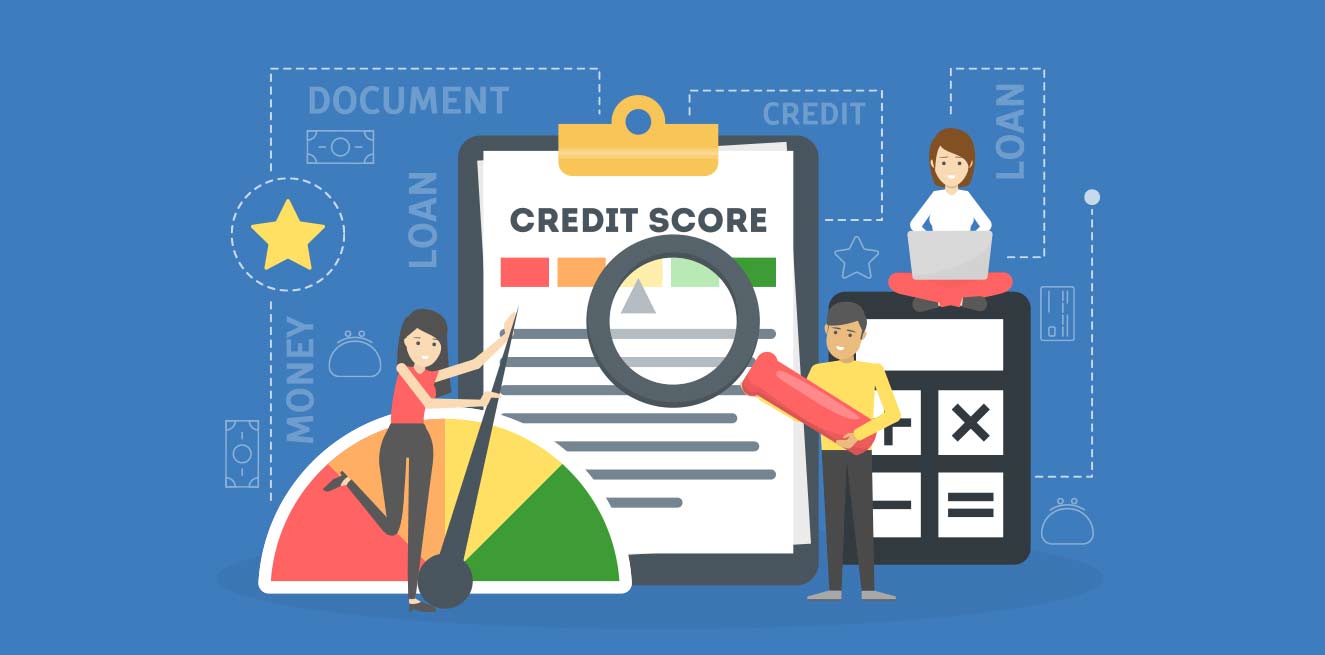
Loans are not a bad thing. They allow us to make major purchases that would be nearly impossible to pay for upfront. Therefore, it is important to establish a good credit history if you intend on making substantial loan purchases in the future.
Establishing Credit
It is important to establish credit if you plan to buy a home or automobile someday. A credit card may also be required if you want to reserve a hotel room or rent a car while you’re traveling.
If you have not established a credit history, you can begin by opening a savings or checking account in your name. You can then apply for a credit card. Having someone co-sign a loan for you will also get you started.
Creating a positive credit history for yourself requires using your credit wisely.
- DO NOT charge more than you can easily pay off in a month or two
- DO NOT be fooled into paying just the low minimum amount listed on a bill. Credit card issuers make money on interest and want you to stretch out payments
- DO consistently pay your bills by the due date
- DO use credit for larger, long-lasting purchases you need, rather than goods that are immediately consumed
Missing Payments
When you miss payments, the information goes into your credit report and affects your credit rating. If you’re judged a poor credit risk, you may be refused a home mortgage or rejected for an apartment rental. An auto insurer may charge you 50% to 100% more if your credit record has been seriously blemished within the last five years. Many property insurers also review credit histories before they issue policies.
How Credit Reporting Works
Credit reporting agencies, also known as credit bureaus, gather detailed information about how consumers use credit. Businesses that grant credit regularly supply credit information to credit bureaus. Credit bureaus then compile this information into credit reports, which are sold to banks, credit card companies, retailers, and others who grant credit. Your credit report can also be used to helps others decide if you are a good credit risk including prospective employers, landlords or insurance underwriters.
The following information is most likely to appear in your credit report:
- Your name, address, Social Security number, and marital status
- Your employer’s name and address and an estimate of your income
- A list of parties who have requested your credit history in the last six months
- A list of the credit cards, installment loans and mortgages you have, how long you’ve had them, and their repayment terms
- The maximum you’re allowed to charge on each account; what you currently owe and when you last paid; how much is paid by the due date; the latest you’ve ever paid; and how many times you’ve been delinquent
- Past accounts, paid in full, but are now closed
- Repossessions, charge-offs for bills never paid, liens, bankruptcies, foreclosures, and court judgments against you for money owed
- Who owes the debt — you alone, you and a joint borrower, or you as the cosigner
- All debts cosigned by you
- Bill disputes
Negative information can be kept in your file only for a limited time. Under the law, delinquent payments can be reported for no more than seven years and bankruptcies for no longer than 10 years.
Be Credit-Smart
Your credit history requires maintenance, just like other areas of your life. Even if you pay your debts on time, don’t assume that your credit rating is flawless. Mistakes do occur.
The Fair Credit Reporting Act entitles you to review information in your credit file. If you have been denied credit, the company denying credit must let you know and give you the name and address of the credit agency making the report. Then, you can send a letter to the agency and you will receive the credit information on file, at no cost, within 30 days.
It’s a good idea to obtain a copy of your credit report periodically to review for accuracy. You’re entitled to one free online credit report every 12 months from each credit reporting agency (Equifax, Experian, and TransUnion). To do so, log on to www.annualcreditreport.com. You can request all three reports at once, or you can choose to review them one at a time. If you wish to dispute any information in your file, simply write the agency and ask them to verify it. Under the law, they are required to do so within a “reasonable time,” usually 30 days. If the agency cannot verify the information, it must be deleted from your file.
